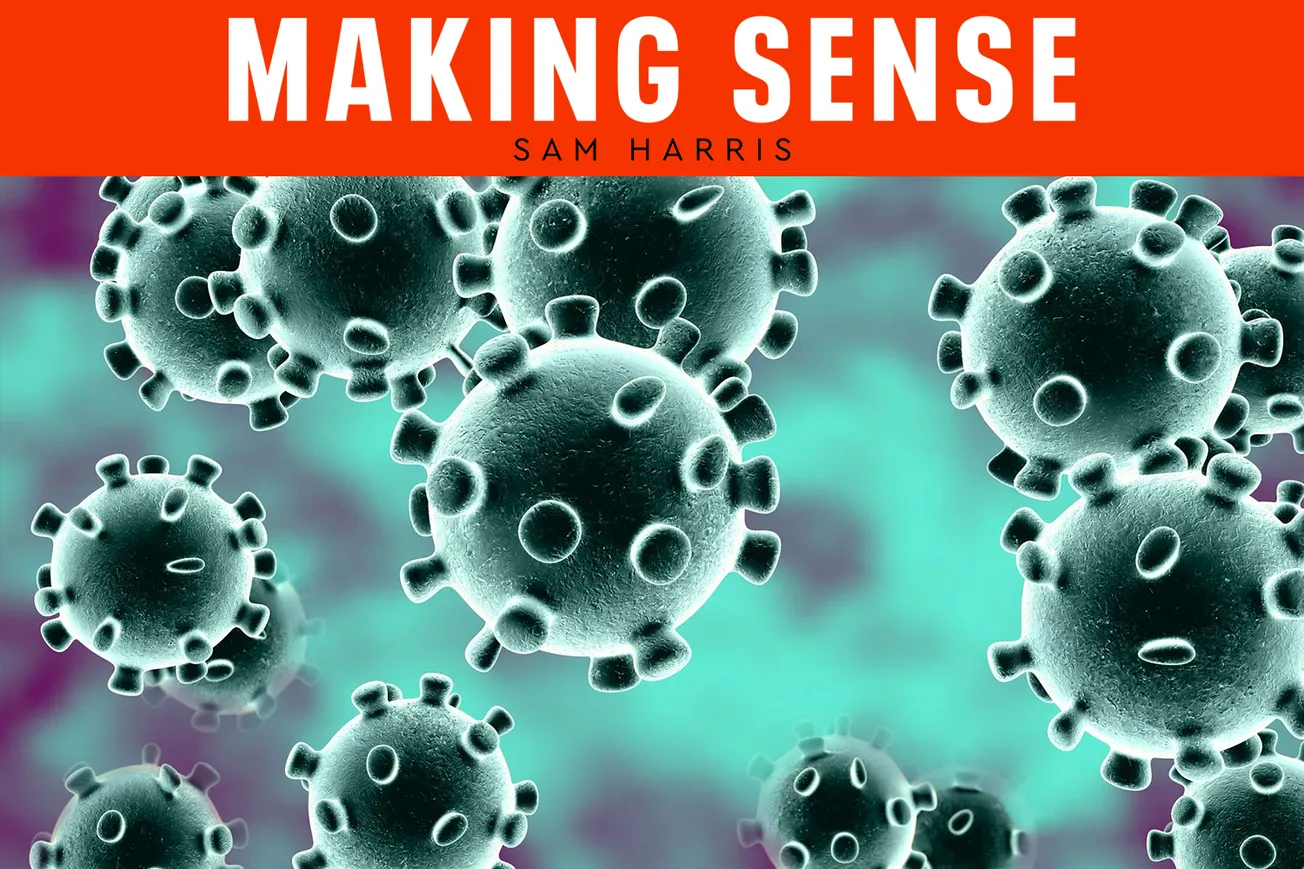Table of Contents
Nicolas Chirstakis’s argument re school closures comes from two studies – the first from a study of influenza spread in Japan and Italy where it was decided to close a school once someone attending the school was infected. The end result was it only reduced the number of infected people by 24%. The other study which was made in 1918 of the flu epidemic where 43 cities in the USA were studied and they examined when the schools were closed. They found those schools that closed before a member of the school community had an infection resulted in a 50% reduction in spread of the virus. Thus those cities that took a proactive approach had half the death rate – comparing Pittsburg with St Louis. The podcast is a bit dated as it is pre-Trump’s announcements, when Trump was downplaying things more.
In this episode of the podcast, Sam Harris speaks with Nicholas Christakis about the coronavirus pandemic. They discuss the likely effects on society, proactive vs reactive school closures, community transmission, false comparisons between coronavirus and flu, the imperative of social distancing, the timeline of the pandemic, Trump’s political messaging, the widespread distrust of expertise, the importance of “flattening the curve” of the epidemic, the possible failure of our healthcare system, gradations of personal response to this threat, and other topics.
Nicholas A. Christakis, MD, PhD, MPH, is the Sterling Professor of Social and Natural Science at Yale University, where he directs the Human Nature Lab and is the Co-Director of the Yale Institute for Network Science. He was elected to the National Academy of Medicine in 2006, the American Association for the Advancement of Science in 2010, and the American Academy of Arts and Sciences in 2017. He is the author of the New York Times bestseller, Blueprint: The Evolutionary Origins of a Good Society, and known for his research in the areas of social networks, biosocial science, behaviour genetics, and public health.









